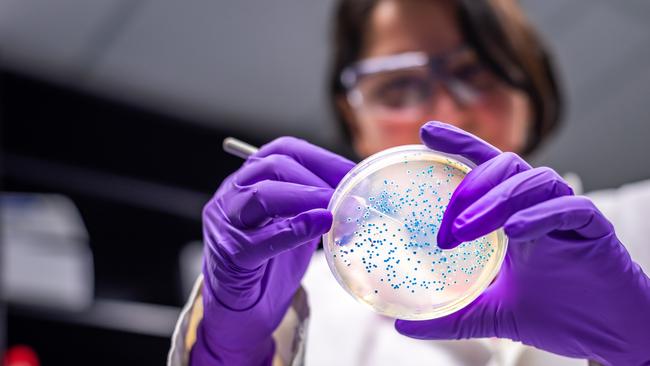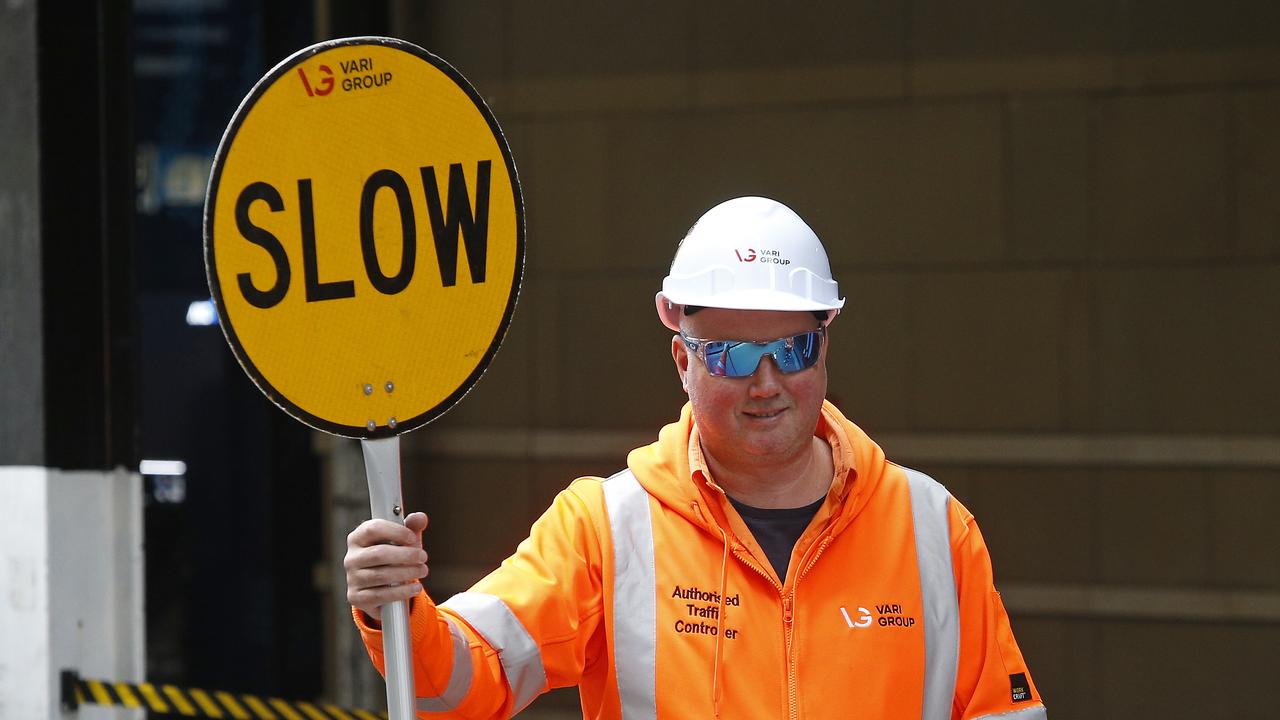
One of the mechanisms proposed by the government, and likely to be supported by the opposition, is placing caps on the number of foreign university students allowed for each university.
At this stage the details have not been announced, so universities are currently offering 2025 courses not knowing if they will have sufficient room in their cap.
But, more dangerously, neither of the major parties appear to understand they are pursuing a course which will lead to a fall in medical research and medical education.
We are on the edge of this totally unanticipated but potentially disastrous national consequence because medical research and education is a great Australian strength.
To understand why medicine and medical research are in the front line of a parliamentary migration attack we need first to look the financial structure of our top eight universities.
To replace government funding cutbacks over recent decades, universities developed a major foreign student business, one which generates substantial revenues enabling universities to invest in medicine.
Obviously the situation in each university is different but if we use Sydney and Melbourne universities as a rough benchmark we find about one quarter of their revenue comes from local students and government. About 60 per cent of local revenue comes from government, with students providing the balance.
Most of the remaining 75 per cent of university revenues come from international students which is substantially more than their percentage contribution to campus numbers.
Most of the top universities have a similar revenue distribution pattern.
Any event which impacts an enterprise’s major net revenue earner will have drastic impacts both on the total operation and on the areas where international students’ surplus revenue is spent.
Both major political parties have been concerned at the big rise in student numbers in the top universities and its impact on the politically sensitive migration numbers.
However, the latest rise did not represent a long term change but was the result of students who didn’t come during the Covid period returning to complete their studies and combining with the normal yearly student intake.
The numbers will fall once this period of inflated intake has passed. When the proposed clamps are announced they may reflect this situation, but what is alarming universities from politicians, in their desire for “lower migration voter points”, is the mixing of different markets.
University students do not impact family rental accommodation levels because the nature of their accommodation is different, and in the last four years student accommodation has been dramatically increased in most cities.

Students live in a one bedroom area with a small cooking facility which is not desired by families. There are large common areas where students can mix and if shortages develop a person or two is squeezed into the sleeping area.
The government has also substantially increased amounts payable for visas and toughened the terms of visas. This has only a marginal impact on demand for the highly-priced top eight university degrees.
The visa changes target the various low-priced educational qualification institutions. Many will not survive, and if this is the aim of the government, then it will be achieved — but it’s a different market to the top universities.
In those universities the most popular courses among foreign students are those related to business and economics and these study areas generate substantial net revenue which is spent on the high cost areas of major universities, led by medical courses and research.
Accordingly those areas will take the brunt of any required cost reductions as a result of the caps.
Australia has worked hard to establish a leading position in medicine and medical research and it would be a national tragedy if we blew it because politicians confused the university numbers with long-term migration and refugee data.
It is worth emphasising students do not put a major burden on our health pension and social service capacity and usually provide labour in areas where there are often shortages. Because the clamps have not been announced there is an opportunity for sensible decision making.
Over the weekend one of the giants in Australia’s mineral development, Sir Roderick Carnegie, passed. In more recent times Rod has been warning we can’t keep on relying on commodity price increases to sustain our quality of life. There is now a decent chance prices will start going the other way.

He warned we are now looking at mineral processing in a way not seen since the middle of the last century, but to succeed we will need to get our energy policies right.
We need to add value to our national resources to grow the pie before we spend so much time thinking about “slicing the pie”.
Medical research is one area where we have “grown the pie” and we may now be looking at an inadvertent slicing of it.






For the first time in around 75 years high migration levels have become a significant voter trigger point, with both major parties responding by advocating for the lowering of migration levels.